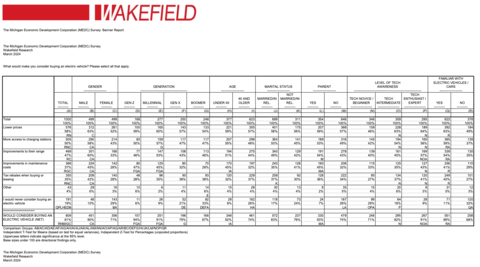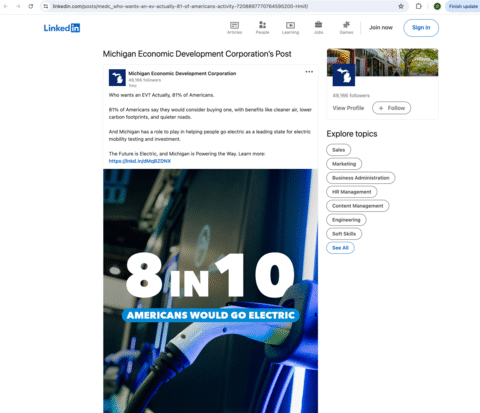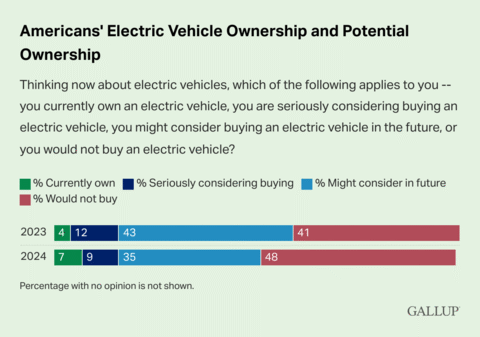Emails contradict Park Township’s short-term rental ban
Officials never enforced 1974 law, evidence shows
Emails uncovered during a lawsuit may bolster the argument of property owners who are fighting a township’s ban on short-term rentals.
Officials of Ottawa County’s Park Township voted in late 2022 to enforce a long-dormant ban on short-term rentals. Property owners sued the township, saying the 1974 ban had never been enforced, as CapCon has previously reported.
Lawyers for the plaintiffs obtained through the discovery process a July 2018 email that had been sent to Ed DeVries, the township’s zoning administrator. It asked DeVries which areas of the township had a zoning category that allowed for “Vacation Homes/rental on a weekly basis.”
DeVries replied, “We do not currently regulate rentals, either long term or short term.”
The township website has an FAQ section that asks if any short-term rentals are allowed under a grandfather provision. “In the case of short-term rentals, this was never a permitted use in Park Township, so grandfathering isn’t applicable,” it reads.
But the township allowed short-term rentals for years, said Kyle Konwinski, an attorney for Park Township Neighbors, the nonprofit formed to oppose the ban.
Konwinski said the township is trying to ban short-term rentals by saying they were never legal under the zoning ordinance. “The township’s position is contrary to the plain terms of its own zoning ordinance, as demonstrated by the township’s 50 years of allowing short-term rentals in the township,” Konwinski said in a statement.
A Dec. 21, 2021, email from a Park Township code enforcement employee reads in part:
“The issues with the rentals, I will bring up to Howard Fink, the Township Manager. There (are) currently no ordinances on short term rentals in Park Township as the board has not addressed this issue.”
Three months later, a township press release said: “Short Term rentals are currently illegal in Park Township, and have been since the Zoning Ordinance was adopted on February 7, 1974.”
The township does not comment on current litigation.
Michigan Capitol Confidential is the news source produced by the Mackinac Center for Public Policy. Michigan Capitol Confidential reports with a free-market news perspective.


 Park Township short-term rental owners seek grandfathered properties
Park Township short-term rental owners seek grandfathered properties
 Park Township enforces ban on short-term rentals
Park Township enforces ban on short-term rentals
 Conservation officers may soon need warrants to enter private land
Conservation officers may soon need warrants to enter private land




 State climate conference to tout clean energy plans that will raise electricity costs
State climate conference to tout clean energy plans that will raise electricity costs
 Michigan State Police lease first EV at $1,062 per month
Michigan State Police lease first EV at $1,062 per month
 Michigan firefighters dumped 3,000 gallons of water on burning Tesla
Michigan firefighters dumped 3,000 gallons of water on burning Tesla